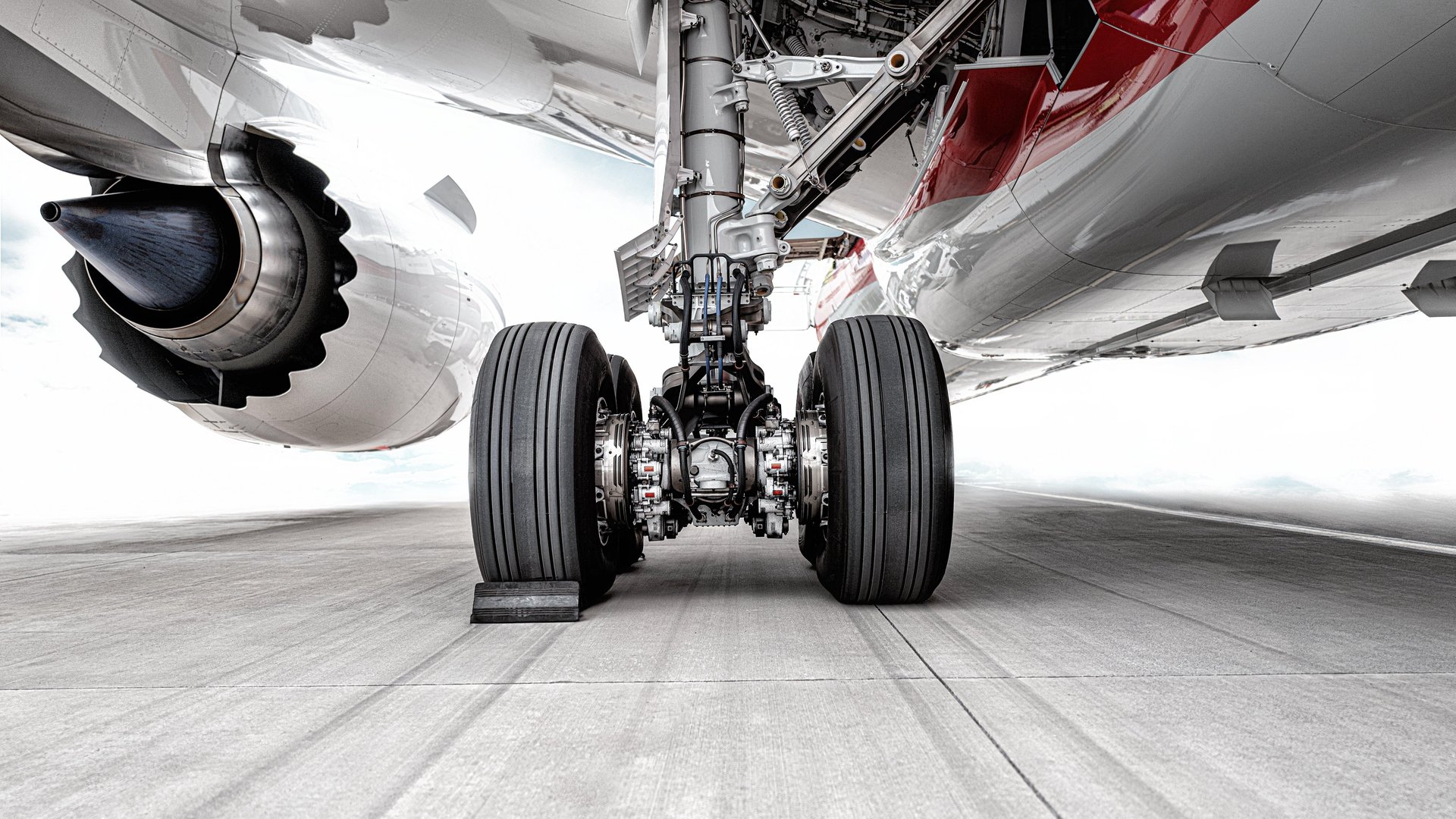Airplane tires don't last all that long. Here's why
Airlines lease their tires from manufacturers essentially on a per-landing basis

An aircraft’s tires are usually an afterthought for most airline passengers. Despite only being on the ground for brief periods of time during most flights, planes still use their tires a great deal. Incredibly, aircraft tires rarely blow out but have relatively short lifespans.
Suggested Reading
Planes get pushed back from the gate, taxi to the runway and take off. Most importantly, the aircraft needs to land. The physical load tires are put through on an airliner is immense during landing. The Boeing 737 Max 9 has a maximum landing weight just under 164,000 pounds and will touch down at speeds over 130 miles per hour.
Related Content
According to Air Canada, tires fitted to the main landing gear last between 300 and 450 landings on average. The range in landing numbers is attributed to varying levels of wear and tear across different runways. Debris on the ground is always a concern for carriers and airports because everything from rocks and loose bits of pavement to excessive rubber build-up can accelerate tread deterioration. Canada’s flag carrier even mentions that nose gear tires have an even shorter lifespan through steering the airliner on the ground.
Goodyear and Michelin have specialized divisions dedicated to producing aircraft tires and no, their plane products aren’t scaled-up car tires. Airline mechanics inflate tires to pressures around 200 pounds per square inch, multiple times higher than the average tire on a road car. The inflation process happens with the tire placed inside a safety cage to protect mechanics on the off chance there’s a catastrophic failure.
Airlines don’t outright own the tires fitted to their planes, so it’s in the manufacturer’s best interest that tires last as long as possible and do not fail. Carriers lease tires from their suppliers on a per-landing basis. Once a tire reaches the end of its lifespan, it is returned to the supplier and retreaded for be used for another lifespan by an airline. Michelin states that it can retread an aircraft tire up to seven times before it can no longer be used.
The next time you’re on a flight, you can rest assured that a tire company doesn’t want to eat the cost of a potential tire blowout.